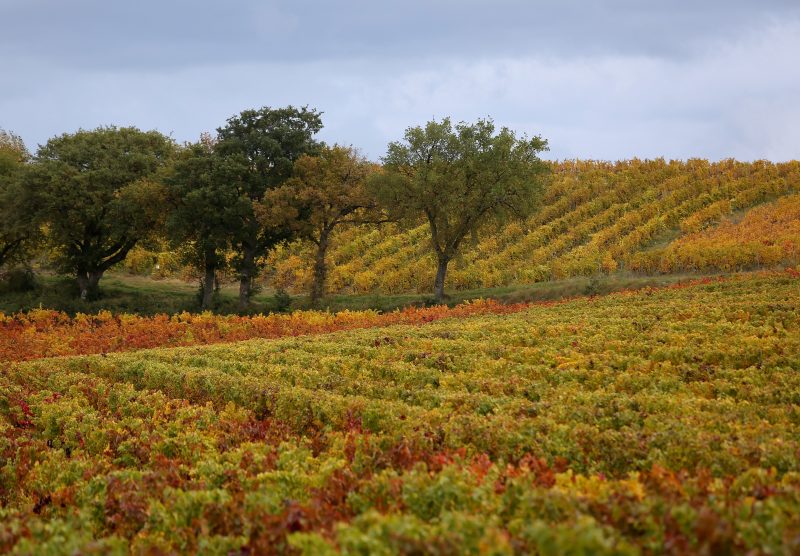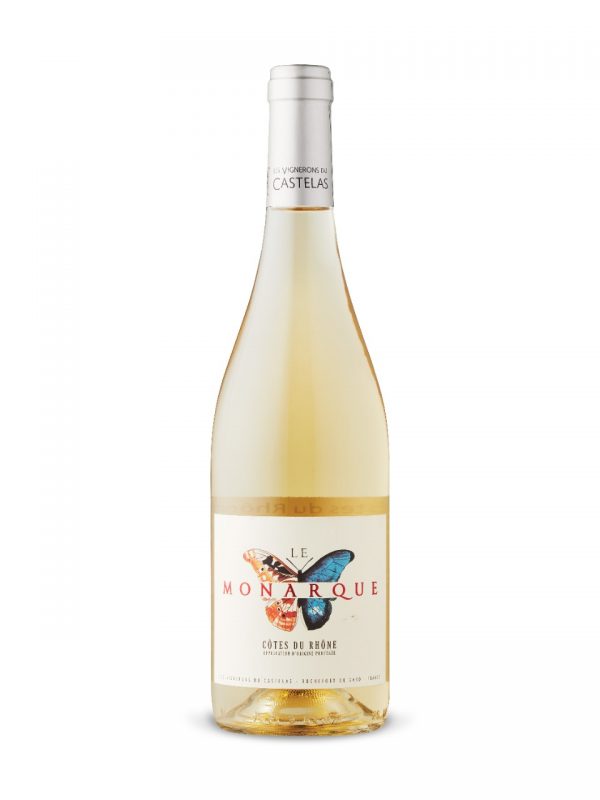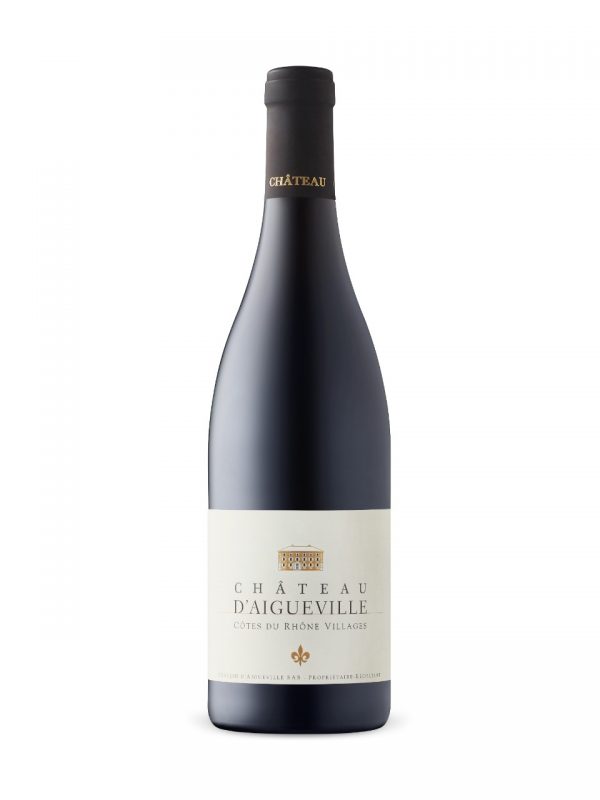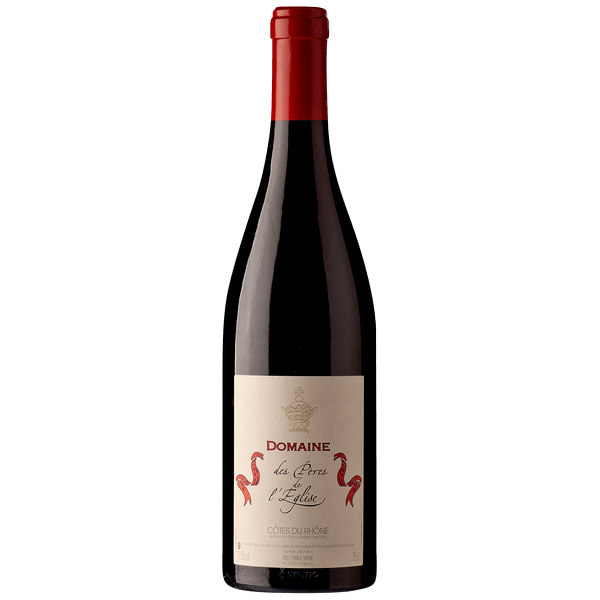
With its de facto capital in Avignon—formerly the seat of the papacy—it’s no surprise that there’s something of the divine about the Côtes du Rhône. But there’s a new kind of devotion taking root on the slopes of the Côtes du Rhône and Côtes du Rhône Villages appellations: sustainable winemaking. As a way to exalt the natural environment that’s the foundation of the dazzling variety of wines from this region, sustainable practices represent a clear continuation of Rhodanian winemakers’ longstanding commitment to quality and respect for the terroir.
With the effects of climate change obvious throughout the winemaking process—from earlier harvests to fluctuating levels of alcohol and acidity—winemakers from the Côtes du Rhône are taking steps to safeguard the ecosystems necessary to produce this region’s distinctive wines. In 2014, they developed an environmental charter to codify their commitment to sustainable practices. This includes supporting flora and fauna throughout the appellations. Robust plant life protects vines, as well as the soil and water they depend on. Animal life is also crucial to healthy plant life, so producers in these appellations work with local experts to help it flourish. If wine is a product of the symbiosis between nature’s bounty and human ingenuity, then these practices represent an impressive dedication to leveraging these elements to produce wines under the best possible conditions.
Another of the ways to achieve this is organic agriculture, which places strict rules on the techniques and materials that can be used in winemaking. And the Côtes du Rhône appellations are a leader in this respect: Of the 7,300 hectares of organic vineyards in the Rhône Valley, almost two-thirds are found in the Côtes du Rhône and Côtes du Rhône Villages appellations. In terms of volume, the Côtes du Rhône AOC produces 33% of the organic grapes grown in the Rhône Valley Vineyards. The next time you’re browsing at your local liquor store, look for bottles from these appellations that have a green and white label with “AB” on them—they’re certified organic!
But this commitment goes further. The High Environment Value (HEV) accreditation system was designed to encourage farmers to adopt sustainable practices. If winemakers meet certain requirements—complying with environmental legislation, adhering to stringent environmental standards based on 16 criteria, and meeting certain performance indicators—they can label their bottles with the HEV logo, guaranteeing that the vineyards where the grapes were grown have achieved a high level of environmental performance. (More labels to look out for on your next wine run!)
On that note, here are some wines to check out that are certified organic or undergoing conversion. Each embodies the hallmarks of the Côtes du Rhône: quality, versatility and diversity, with the added knowledge that they’ve been produced with the utmost respect for the terroir, and in such way as to protect the region for future winemakers and wine-lovers alike.

Les Vignerons du Castelas Le Monarque Côtes du Rhône Blanc 2019
An excellent pairing with grilled vegetables or sausages, this Viognier blend is perfect for summer!

Chateau d’Aigueville Côtes du Rhône Villages Red AOC
From vineyards that are being converted to organic production, this wine has aromas of red fruits and spice.

Domaine des Pères de l’Eglise Côtes du Rhône Rouge “Les Pères de l’Eglise”
Made from Grenache, Carignan and Syrah, this wine is produced on a vineyard undergoing HVE certification.
